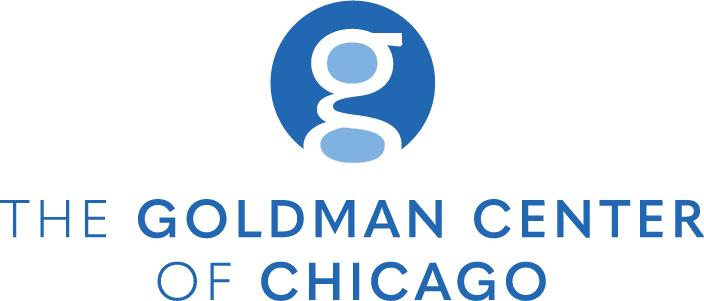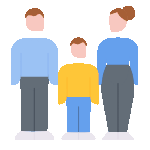Autism spectrum disorder (ASD) is a neurodevelopmental disorder affecting different areas of skills needed for a variety of functions. This results in social difficulties and the presence of restricted and/or repetitive behaviors.
ASD has replaced what used to be four separate disorders, with the only difference between them being severity. Instead, the use of the word spectrum acknowledges that this condition vastly differs between individuals in what symptoms are present and to what degree. ASD can then be broken down into levels based on how much assistance the affected individual requires due to the severity of symptoms affecting independent functioning.
ASD Level 1: Requiring Support
Level 1 is the least severe of the classifications. This can be otherwise viewed as mild or high functioning autism. Social communication without assistance can be hard, making it difficult to maintain friendships.
Those with mild autism may experience:
- Difficulty starting conversations
- Abnormal responses to social stimuli
- Problems switching between activities
- Shortfall of organization and planning skills
For example, someone with mild autism may have trouble with viewing situations from the perspective of others and therefore be confused about certain social cues.
ASD Level 2: Requiring Substantial Support
Level 2 is moderate autism. Their social shortfalls and restrictive, repetitive behaviors are obvious and very apparent to those observing them. It vastly affects their activities of daily life greater than those falling in level 1, requiring substantial support to meet certain areas of needs.
Those with moderate autism may experience:
- Marked difficulties in verbal and nonverbal communication
- Interactions are limited to specific interests
- Odd, repetitive behaviors are observable
- Difficulty coping with stress or change
For example, a person with moderate autism may inappropriately laugh in a social interaction that would typically cause a sad emotion.
ASD Level 3: Requiring Very Substantial Support
Level 3 is considered to be severe autism. High levels of support is necessary to meet all essential needs and likely require around the clock supervision and care. Those with this level of ASD have impairments that make it impossible to properly communicate or sufficiently take care of themselves without help.
Those with severe autism may experience:
- Extremely impaired verbal and nonverbal communication
- Participation in restrictive, repetitive behaviors, so much that it impacts their ability to carry out necessary tasks
- Intense difficulty or distress when coping with change
For example, an individual with severe autism may fidget their fingers so much they need external reinforcement and physical help when brushing their teeth.
Even within categories there is great variability with how ASD appears, affects, and feels between individuals. With professional help and social support, an effective, individualized treatment plan can be formed to promote independence and meaningful interactions with others.









